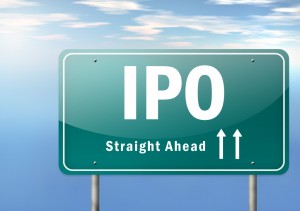https://blogs.ubc.ca/12huangfw1/2014/11/09/the-9-billion-dollar-witness/
In Felix’s blog, it is used as an example that the world’s largest multinational bank, JP Morgan Chase, gave sub-prime mortgages and bad mortgages and gave money to a lawyer who witnessed this illegal behavior to prevent her from speaking out.
From my perspective, what JP Morgan did is both harmful and unethical. The reason why it it harmful is that JP Morgan give mortgages and loans to people who have low credit and who don’t have enough power to pay back. This is the reason of the financial crisis in 2008, which means what it did will potentially cause another financial crisis and is harmful to the global economy. On the other hand, it is unethical. In order to make more profit, JP Morgan did something illegal that would trigger a financial crisis. In a crises, ordinary people lose their jobs; it is harder for them to make a living. Their entire life can be ruined. And some countries would go bankrupt and in the end it is civilians who take the aftermath.
To conclude, JP Morgan’s behavior is dangerous to the world and detrimental to the people all over the world.

